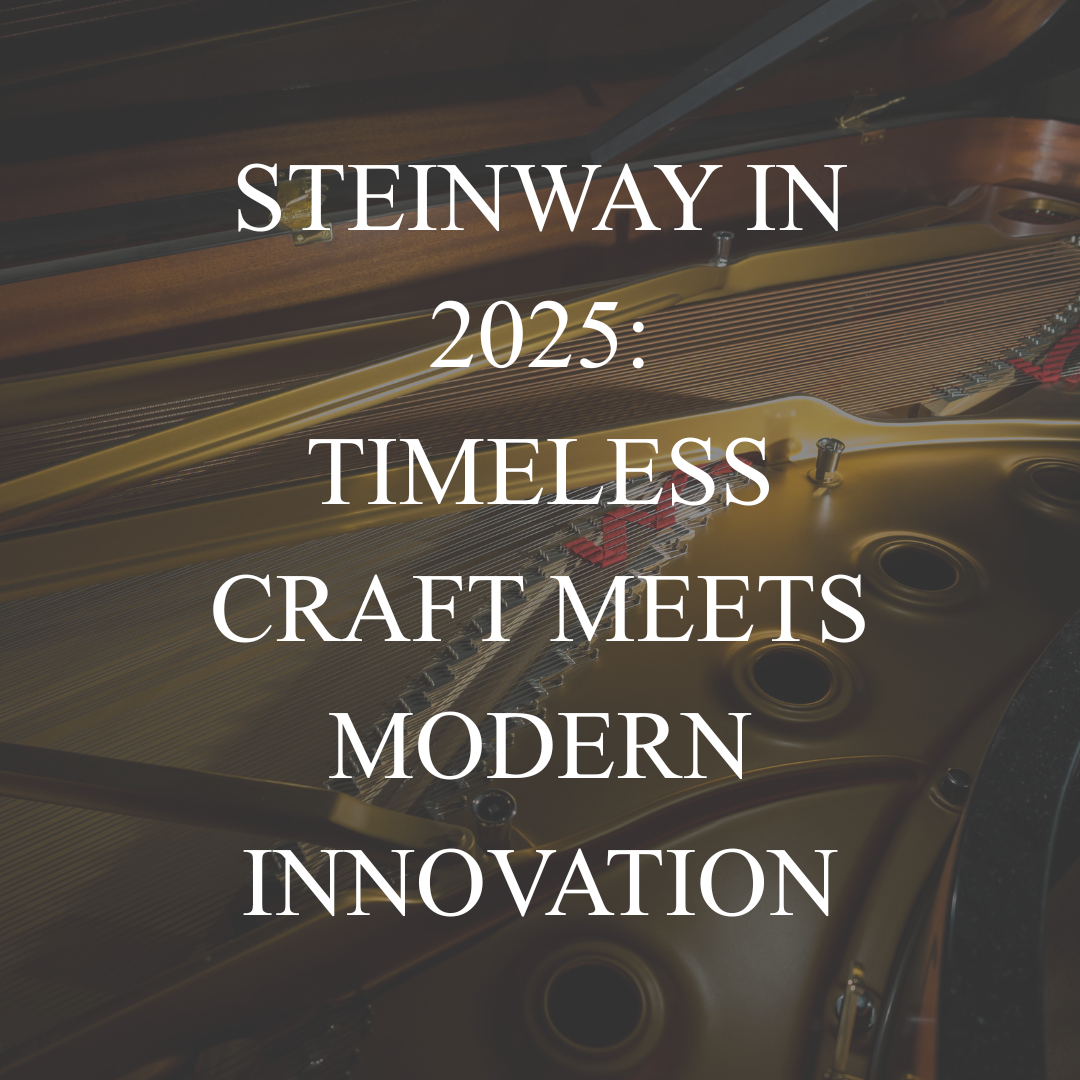
Upgrading to a new piano is an exciting decision, and there are several factors to consider. Whether you’re a seasoned pianist or just starting out, here are nine considerations to keep in mind when deciding it’s time to upgrade your piano:
Remember that upgrading to a new piano is a personal decision, and there’s no one-size-fits-all answer. Take your time, explore your options, and choose a piano that inspires you to create beautiful music! 🎹🎶
Comments will be approved before showing up.

Every four years, Warsaw becomes the luminous heart of the classical piano world. The International Chopin Competition is more than a contest — it’s a global ritual of artistry and endurance. For pianists, it is the Mount Everest of performance; for listeners, it is two weeks of breathtaking musical devotion.
But while the audience follows the fate of each pianist, another drama unfolds behind the music — a quieter rivalry that has nothing to do with interpretation or emotion, and everything to do with sound.
Because in Warsaw, the pianists are not the only ones competing. The pianos themselves are.

For more than a century, Steinway & Sons has defined what it means to build a truly exceptional piano. But in 2025, the brand isn’t just honoring tradition — it’s evolving. At Northwest Pianos, we continue to see how Steinway’s balance of craftsmanship and technology keeps it ahead of the curve in a fast-changing industry.

Over the last few years, acoustic pianos have held the prestige. But the tide is shifting. More musicians, educators, and beginners are turning to digital and hybrid models for their flexibility, technological perks, and lower maintenance demands. According to industry reports, the global piano market is now incorporating “smart integration” and “compact designs” as key drivers for growth. The Business Research Company+2PR Newswire+2